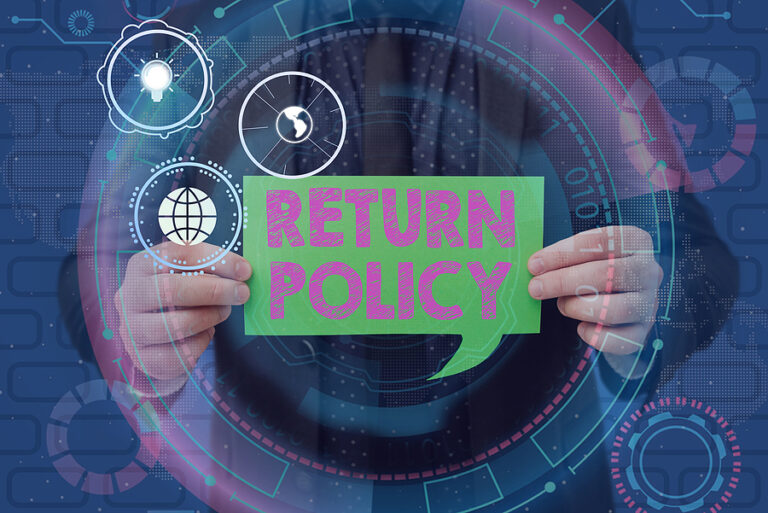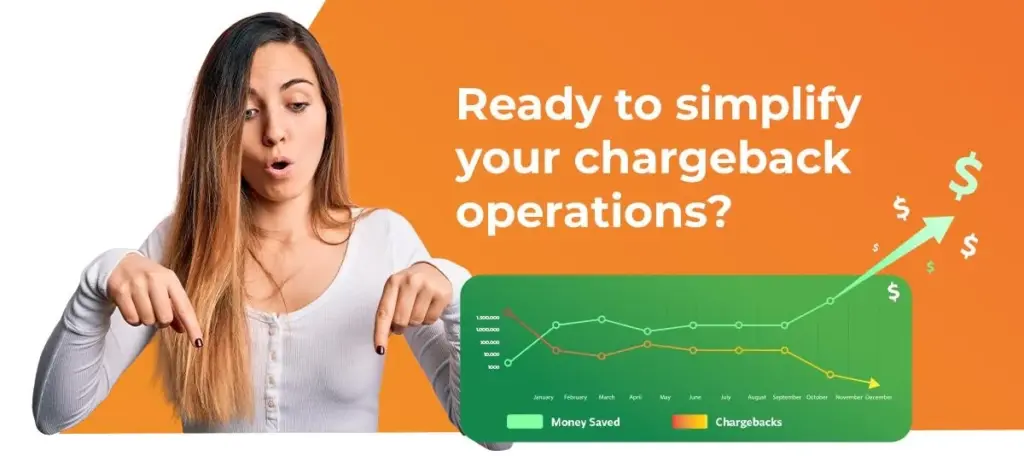Retrieval Requests: An old process still haunting merchants

The receipt is one of the most fundamental pieces of payment processing, second only to the money and product that changes hands. It is the document of that exchange, a customer’s official proof of ownership, more so than the product itself. But it is also a merchant’s record of sale, and the primary piece of compelling evidence that argues a merchant’s case in disputes. So it’s important to have very specific information on that receipt to protect the merchant’s interest.
THE ‘SOFT’ CHARGEBACK
Receipts are needed for bookkeeping and taxes, of course, but they are equally important for retrieval requests. Issuing banks will send these requests occasionally when they need a merchant to validate their sale in credit and debit card transactions. The transaction receipt fulfills this request, but only when it carries adequate information.
Retrievals are sometimes referred to as “soft chargebacks” because they travel through the same channels as a chargeback, for many of the same reasons. They signal that a transaction is being questioned, but the transaction amount remains in the merchant account.
Depending on the card used, a merchant may see retrievals anywhere up to a year after a sale is made, but the typical range will be within 120 days. A fee is usually charged to the merchant. The merchant has 20-30 days to respond, but it is recommended that they do so within 10 days. Though they are rare these days, retrievals can lead to chargebacks, and ignoring them entirely can forfeit your right to representment, so prompt response is paramount.
REASONS FOR RETRIEVAL REQUESTS
If a customer simply needs a copy of their receipt, they will contact the merchant. A retrieval request usually suggests a dispute is pending or is already underway, because the issuing bank is involved, and seeking deeper information. Some reasons for the retrieval include:
- The transaction is suspected as fraudulent
- Cardholder does not recognize transaction
- The amount on the cardholder statement is different than the agreed amount
- The initial receipt is unclear or incomplete
Each instance is also grounds for a chargeback; you may recognize them as reason codes on chargebacks you’ve received before. So again, it is essential that you respond to these requests because these “soft” chargebacks can turn into actual chargebacks.
TRANSACTION RECEIPT REQUIREMENTS FOR RETRIEVALS
A prompt response can only effectively avoid a chargeback if it contains adequate information. Your initial receipt should carry this information as well, because it can reduce retrievals. Also, your acquirer may choose to respond to the retrieval without notifying you, so they should have this information from that initial receipt:
- Merchant name and location
- Transaction date
- Merchant location/website
- Description of goods or services
- Payment Card last 4 and card brand
- Transaction amount, with applicable transaction currency symbol
- Authorization code
- Space for cardholder signature, if applicable
- Return/refund policy
Most of these are no-brainers, such as amount, and merchant info. The description should be legible and concise and carry more information than your statement descriptor; an unclear descriptor may be what is causing the request. For PCI compliance, the customer information is kept to a minimum; the credit card last-4 and authorization code ties them to the sale. And as always, your return policy should be prominent wherever you document your sales to the customer.
HOW COMMON ARE RETRIEVALS?
Retrieval requests are increasingly rare in ecommerce, as they should be. Merchants have more ways to communicate with their customers than ever before. Whenever you make a sale online, your customers should receive an email or text they can access on their own. Using these channels to provide transaction information up front now goes a long way to prevent the need for retrievals.
New products are further phasing out these requests. Merchants can provide the same information in real time to the cardholder statement for Visa and Mastercard transactions. This is possible by integrating the merchant gateway and CRM with Verifi’s Order Insight for Visa and Ethoca’s Consumer Clarity for Mastercard.
HOW CHARGEBACKHELP PREVENTS RETRIEVALS
ChargebackHelp provides merchants with the Order Insight/Consumer Clarity integration in our ChargebackHelp Plus Deflect module. Deflect is designed specifically to prevent inquiries like retrievals, and to further prevent them from becoming disputes and chargebacks. The Deflect module integrates your transaction data with the Visa/Matercard payment processing networks; all the information required by retrievals is sent instantly to the issuer and the cardholder statement. Deflect automates the retrieval response so that cardholders can access that information online through Order Insight and Consumer Clarity, at the point of cardholder inquiry.
ChargebackHelp is dedicated to protecting merchant revenue from disputes and chargebacks, wherever threats may arise. Retrieval requests, though antiquated, can still cost merchants fees and lead to costly chargebacks. The ChargebackHelp Plus total dispute management platform has you covered. We send comprehensive transaction information using the best tools available to deflect disputes and reduce chargebacks. Contact us today for a demonstration of how ChargebackHelp can protect your processing and save you time and money. Shoot us an email, call us at 1.800.975.9905, or contact us here.








